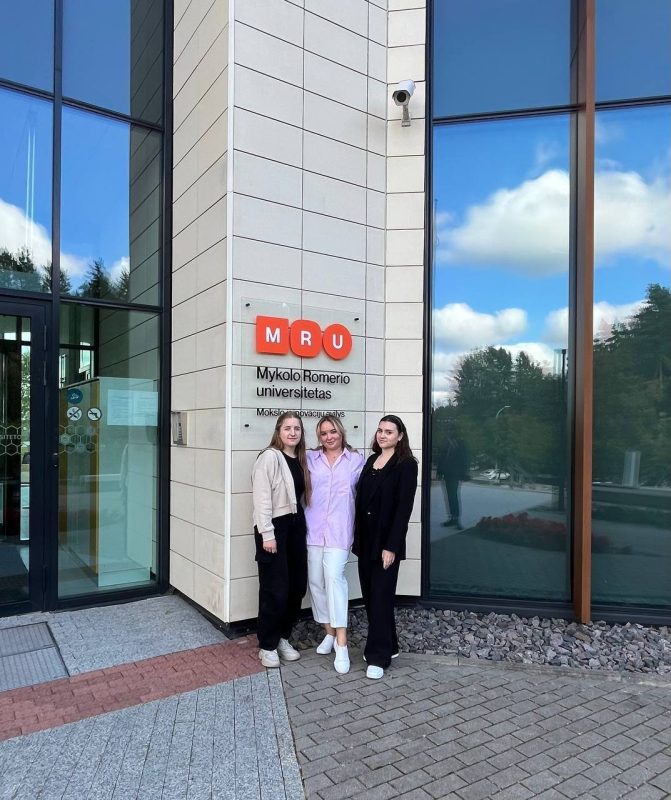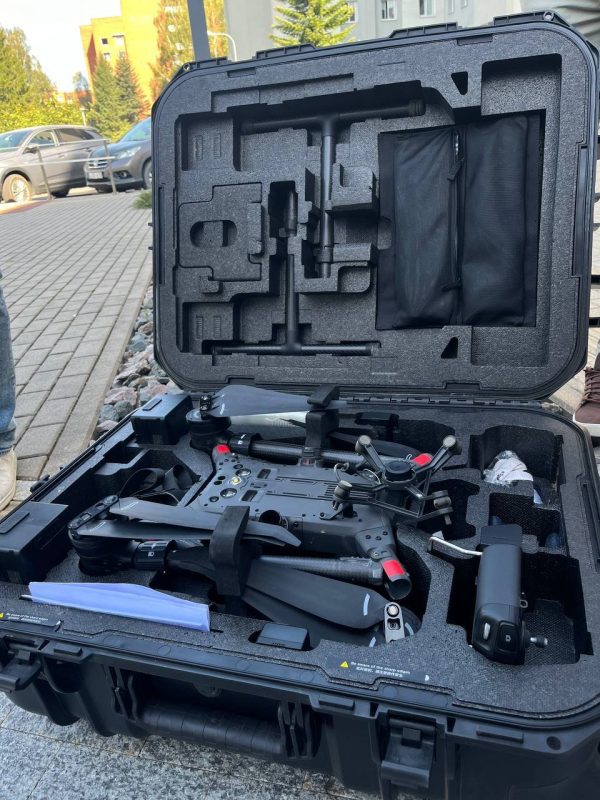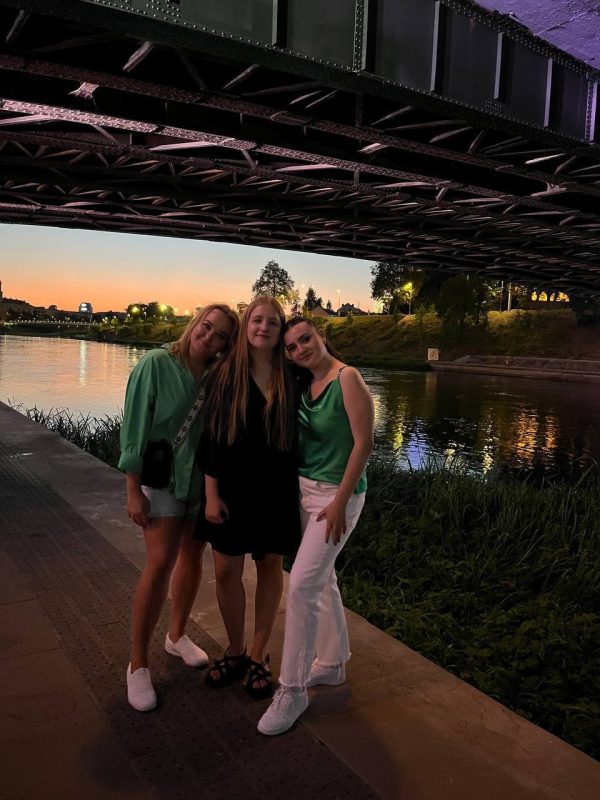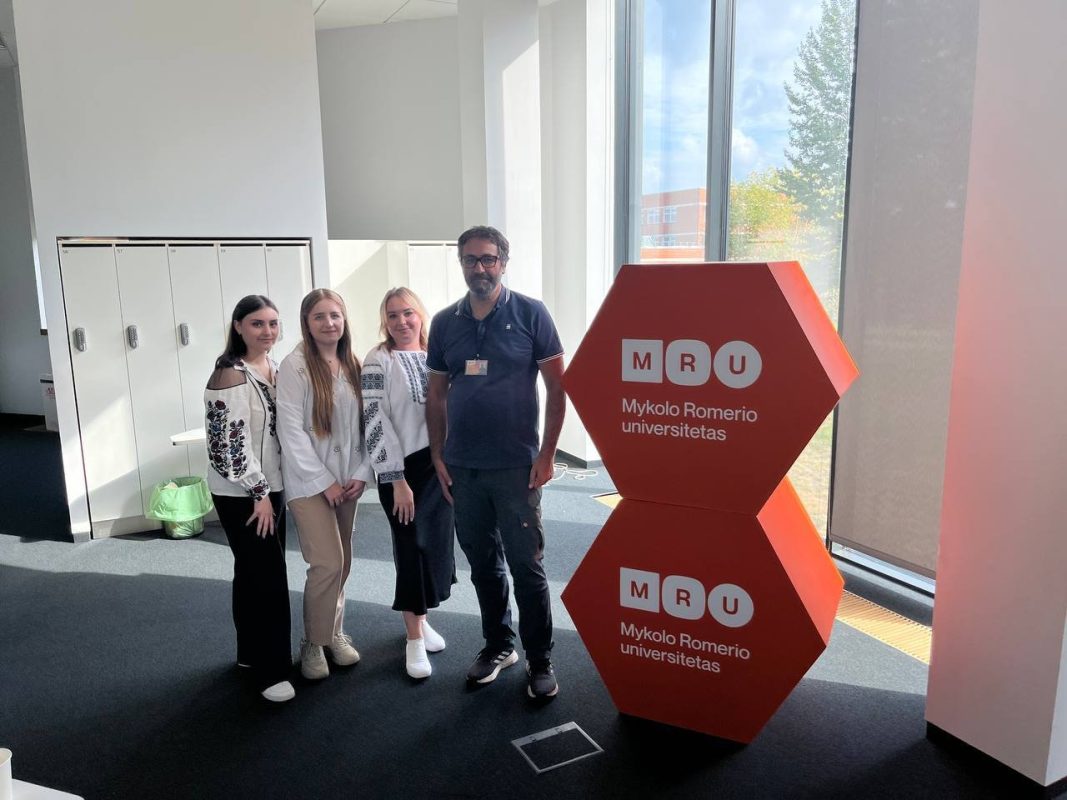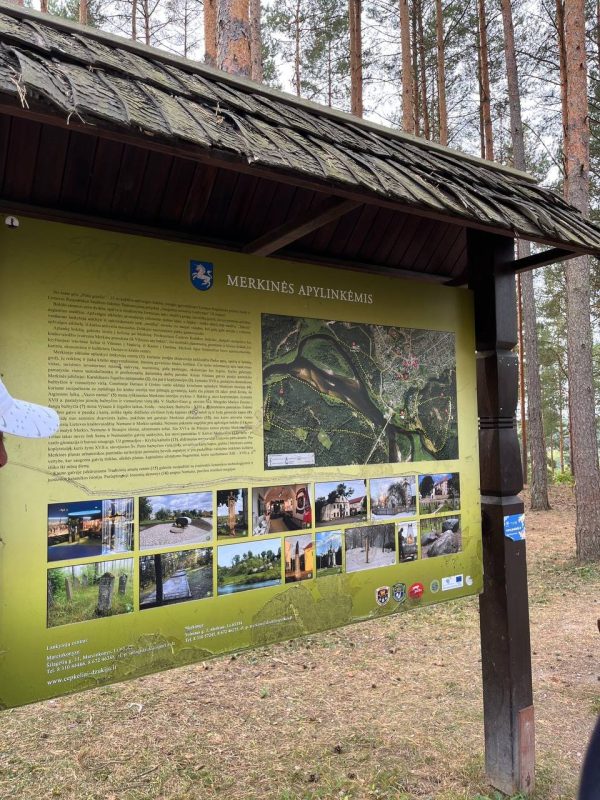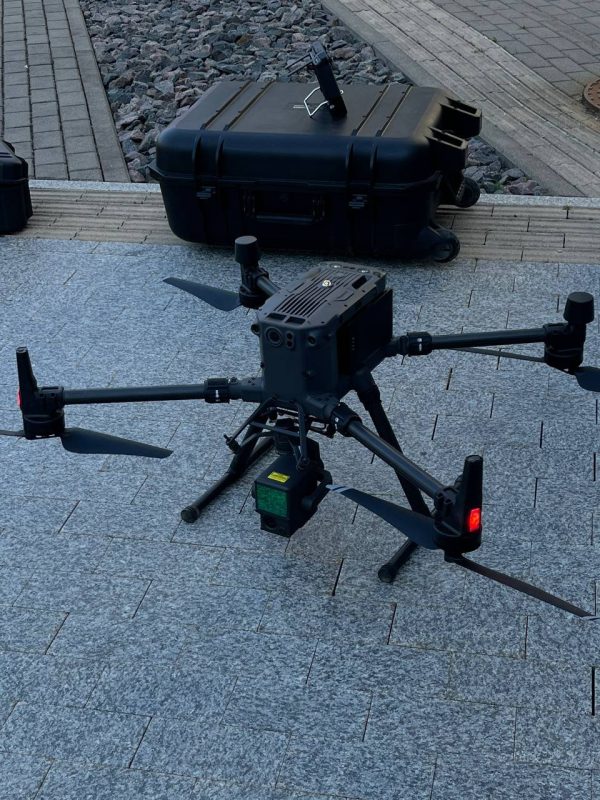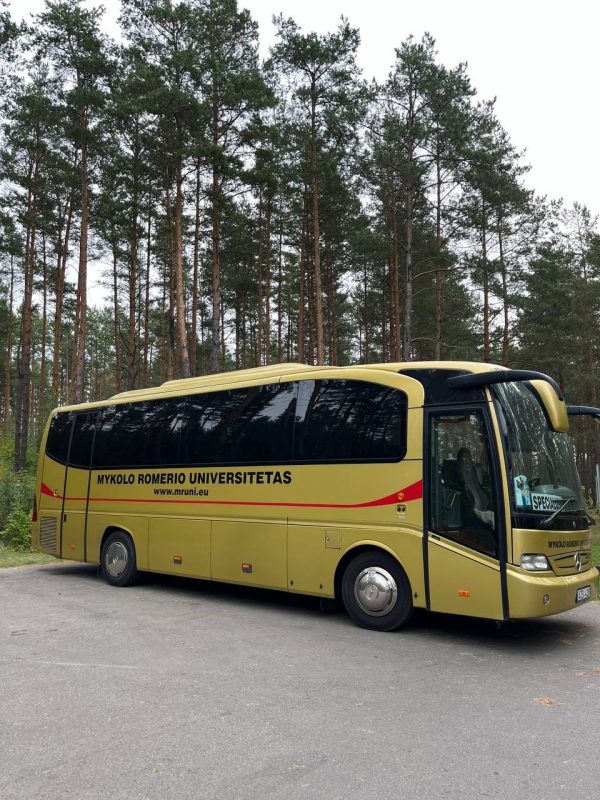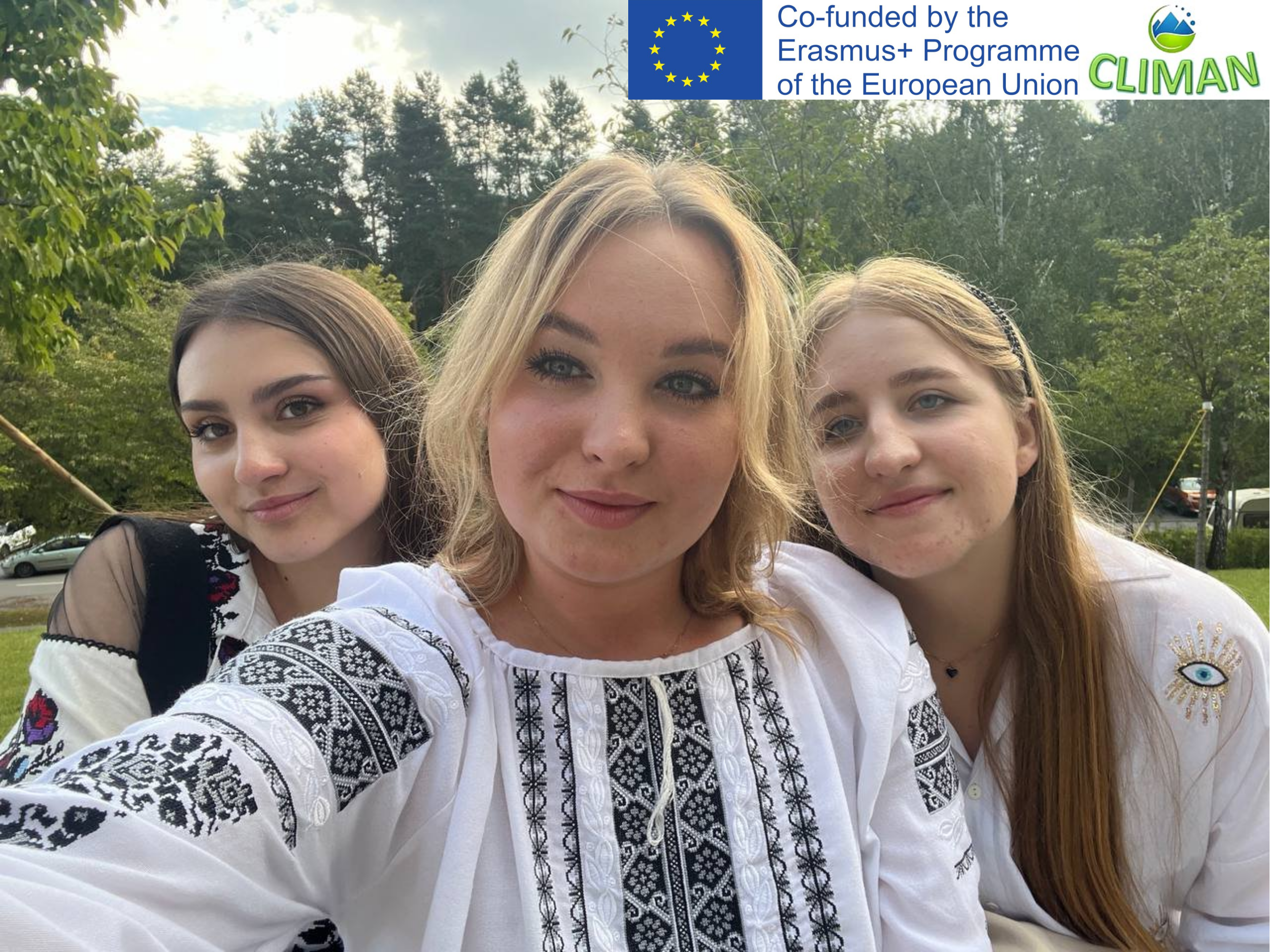Students of the Educational and Research Institute of Innovation, Environmental Management and Infrastructure of the Western Ukrainian National University Anastasia Matviyishyn, Yulia Mastii and Sofia Chaikivska had a great opportunity to do an internship in Lithuania. The training took place at Mykolas Romeris University (Vilnius) within the framework of the project 619119-EPP-1-2020-1-NL-EPPKA2-CBHE-JP “Synergy of educational, scientific, managerial and industrial components for climate management and climate change prevention” / CLIMAN (Erasmus+ Program, Neighborhood, Development and International Cooperation Instrument, Objective CA2: Higher Education Capacity Building).
The program participants, students from Ukraine and Georgia, took part in workshops, actively visited natural parks, launched drones, and had fruitful discussions about topical environmental issues. During the classes, a unique friendly atmosphere was created in the classrooms, where students shared their experience and skills in preventing and adapting to climate change and implementing nature-based solutions in their communities and universities. Especially memorable were the field lectures in the Vingis Park and an exciting trip to the Dzukija National Park, which left an unforgettable impression.
In their free time, students visited various museums, including the Museum of Illusions and the Museum of Energy, as well as excursions to famous tourist spots in Vilnius.
Equally valuable was the international exchange of experience with other program participants, in particular with representatives from Georgia. Together they worked on joint projects, exchanged knowledge, and, of course, became good friends, which enriched their educational and cultural experience.
The project is co-financed by the European Union. However, the expressed views and opinions belong solely to the authors and do not necessarily reflect the views of the European Union or the European Education and Culture Executive Agency (EACEA). Neither the European Union nor the grantor can be held responsible for them.
